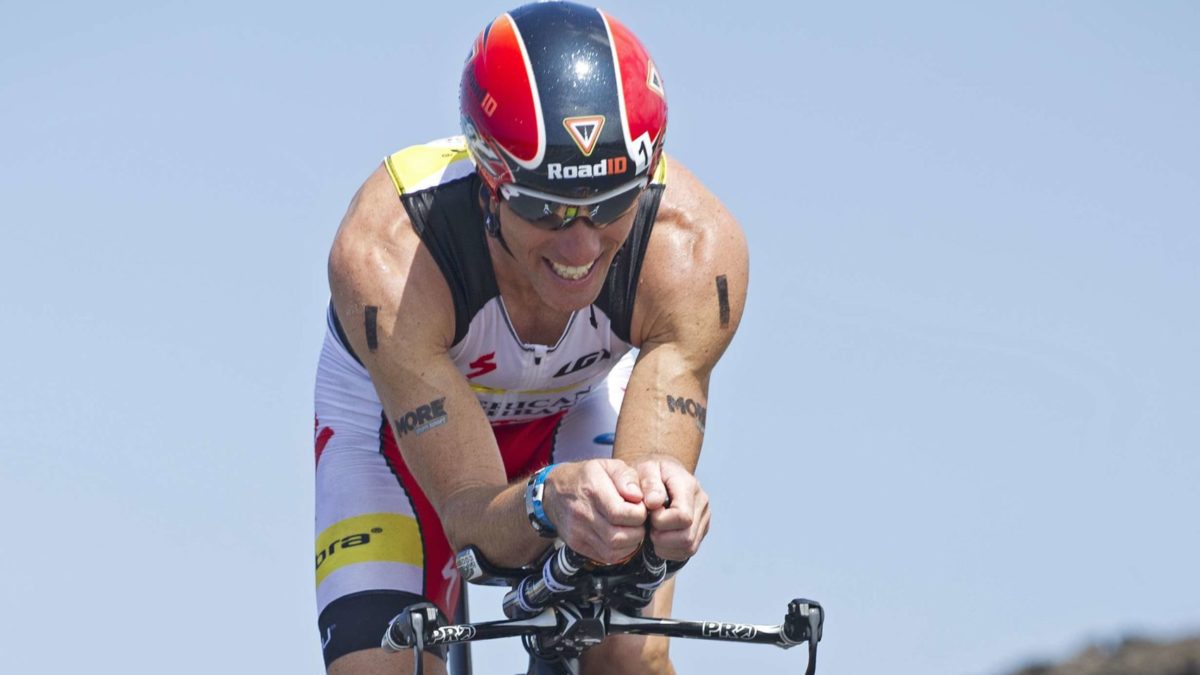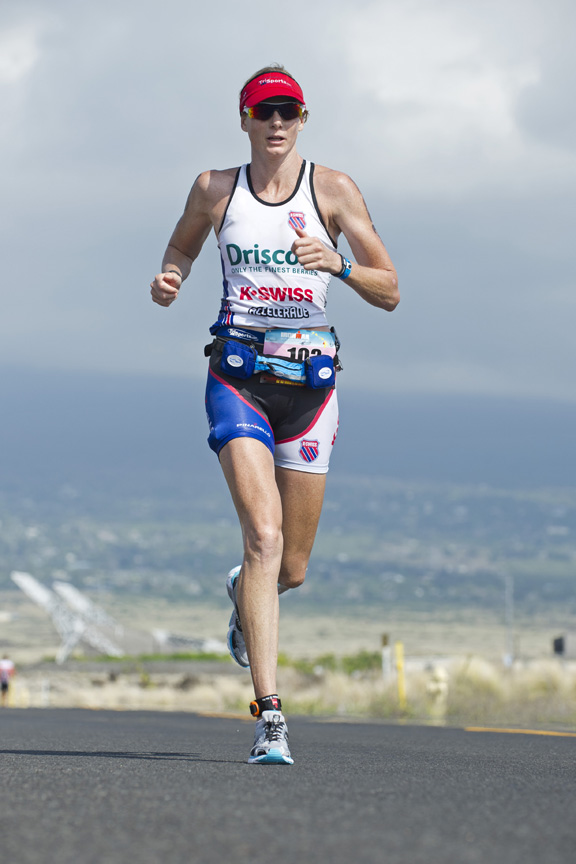Counting back to Kona: 2012 – the changing of the guard

When Chris McCormack was asked how much longer he would be competing, he said that he was “waiting for the younger guys to retire him.” His countryman, Pete Jacobs, might have started the process thanks to his impressive race in Kona when he took the Ironman World Championship in impressive style. McCormack dropped out of the race, but never really looked to be a threat for the win even before he ran into problems.
The other man many pegged as the prerace favourite in Kona, Craig Alexander, didn’t have a great day, but showed his unending class. As he passed Jacobs going the other way into the Energy Lab out and back section of the run course, he ran across to his countryman and told him to “relax, relax, relax – you’ve got this.”
Alexander finished 12th this year and, as he does every year, will sit down with his wife, Neri, and figure out the plans for 2013 in a month or so. With a growing family, Alexander has made it clear that it might be time to look at either calling it a career or reducing his schedule a bit.
Even if we never see McCormack or Alexander race in Kona again, this year’s race clearly showed the dawning of a new age of Ironman racing. It is ironic that Lance Armstrong can be credited with some of that change. His arrival on the Ironman scene earlier this year sent a message to all the professional men – if you want to compete for the world title, you’ll need to arrive in Kona ready to go.
This year you could see the change. Instead of a few men like Alexander and McCormack who came in as clear contenders and appeared to have left nothing to chance in terms of their training and pre-race preparation, there were a dozen. Picking a winner out of the group heading into the race was impossible. They all looked incredibly fit and focused.

The result was one of the most exciting races we’ve seen in years. A race that was won on both the men’s and women’s side by stellar performances in all three disciplines. Pete Jacobs was near the front of the race for the entire day, as was women’s champion Leanda Cave. 2012 will be remembered as the year the bar was raised in Ironman racing. That bar is only going to go up a lot higher, too, as the current crop of Olympians start moving up to longer distance racing, too.
McCormack and Alexander might not have been retired last month, but the writing is clearly on the wall – there are a number of athletes who have learned from the two men who dominated the Ironman World Championship for five years and might just be improving on what those two achieved.
One final note from Kona is a congratulatory note to the ageless, and seemingly unbeatable Milos Kostic, who continued his unbeaten streak at the world championship with an otherworldly 12:15:41 to take the 70–74 age group.
Canadian Age Groupers at the Ironman World Championship
Regina’s Milos Kostic led the Canadian age group charge at the Ironman World Championships. Kostic won his 70 to 74 age group by over one hour and forty minutes.
The fastest Canadian age groupers on the day were:
Pierre-Yves Gigou of Sherbrooke (M25–29, 1:03:08, 4:49:36, 3:18:38; 9:16:41) and Sylvie-Anne Gauthier from Oka (W40– 44, 1:03:15, 5:43:17, 3:57:08; 10:51:23).
Carol Peters took second among women 60 to 64 (1:32:01, 6:39:37, 4:09:31; 12:34:51),
Carmel Tindale-Fox claimed third (W50 –54, 1:11:04, 6:12:43, 3:47:19; 11:19:58) and Edie Fisher (W55–59, 1:04:55, 5:51:19, 4:35:10; 11:40:23) and Cullen Goodyear (W60–64, 1:19:42, 6:46:43, 5:02:40; 13:22:46) placed fourth.
Claiming fifth-place spots were Ann Barnes (W55–59, 1:09:34, 5:54:25, 4:28:59; 11:40:36 )and Valerie Gonzales (W65–69, 1:55:32, 7:36:20, 4:59:44; 14:46:27).
This story originally appeared in the November/December 2012 issue of Triathlon Magazine
